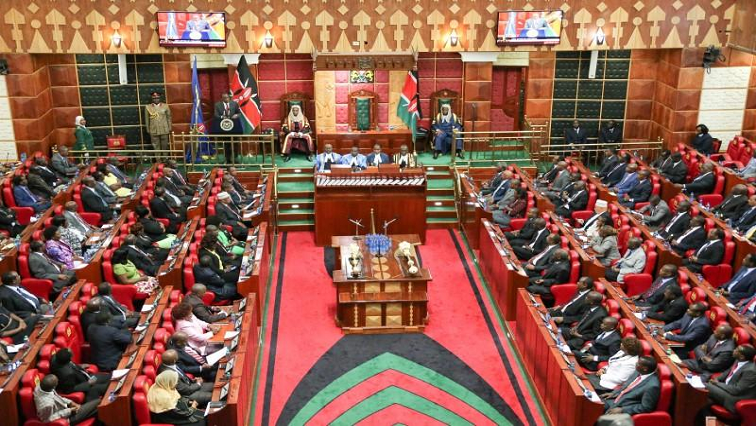Why politicians, activists are strange bedfellows

Politicians and activists are essentially birds of the same feather. They both claim to speak on behalf of the people. The politician believes he was elected by the people and acts on behalf of the people.
The activist, on the other hand, thinks that politicians are inherently dishonest and corrupt and were elected on a deceptive platform. That after election, the politician retreats to Nairobi, and loses touch with the common people and thus have no mandate to claim to speak on behalf of the people.
In between, the activist will invoke the government’s name. Many an activist, political or not, love to use former US President Ronald Reagan’s remarks that the government is not the solution to society’s ills, but rather the problem that the society has to deal with. Some modify that statement to say big government is the problem. Again, as Reagan posited, the challenge is simple. It is one of the philosophical positioning of the individual.
Conservatism has a simple take on society. The individual, they believe, is endowed by the creator with the capacity to think and make decisions, and thus the less society gets on his way to do as she pleases the better. So rather than have collective solutions to society ills, we should trust the individual to devise means and ways of dealing with those ills.
The individual will work hard, maximise their output and fill the common pool. Once the pool is full, the individual should be trusted to make decisions on how the surplus can be applied—they will decide where to invest, among other things.
The socialist, on the other hand, adopts the view that we are strong together as a community. It is, therefore, important to pool resources together, draw from the collective will of society to solve the collective social problems.
In here comes the activist. Often believing in their own power of wisdom and knowledge, the activist believes they know what is good for the society. Like a conservatist, they believe that the government is the problem. Unlike a conservative who would consider a small government, the activist is essentially an anarchist who would rather throw out the government all together and start the governance project all over again.
While those in government, whether conservatists or socialists at least have the mandate of society, the activist comes with little mandate from anywhere. He or she only happens to be the individual with the loudest voice, or in modern day, one who can type and post online fastest.
With the fury of a wounded lioness, the activist floods all the available platforms with solutions to social issues. Too often these solutions are a hodgepodge of ideas gleaned from all manner of platforms—the ideas are hardly tested, but strongly believed to be the solutions to society’s ills.
Unlike her political counterpart, the activist has no claim to public mandate, no claim to collective wisdom and, too often, hardly represents any constituency. That we should interrogate the activist even more seriously can’t be gainsaid.
Unfortunately, the activist expects his ideas to be implemented without interrogation, after all, she is suspicious of all. It is the assumption of the activist that wisdom resides in the activist alone.
Not too infrequently, the activist gets a chance, against the backdrop of collective wisdom through the popular mandate to take charge of government, and too often, the ideas of the activists have come to nought.
At the end of the day activists, like politicians, live in a self-created bubble of know-it-all self-importance. This mix, however, is rich fodder for the journalist and scholar. It is a minefield of data to move forward discourse in the social space.
—The writer is the Dean, School of Communication, Daystar University










